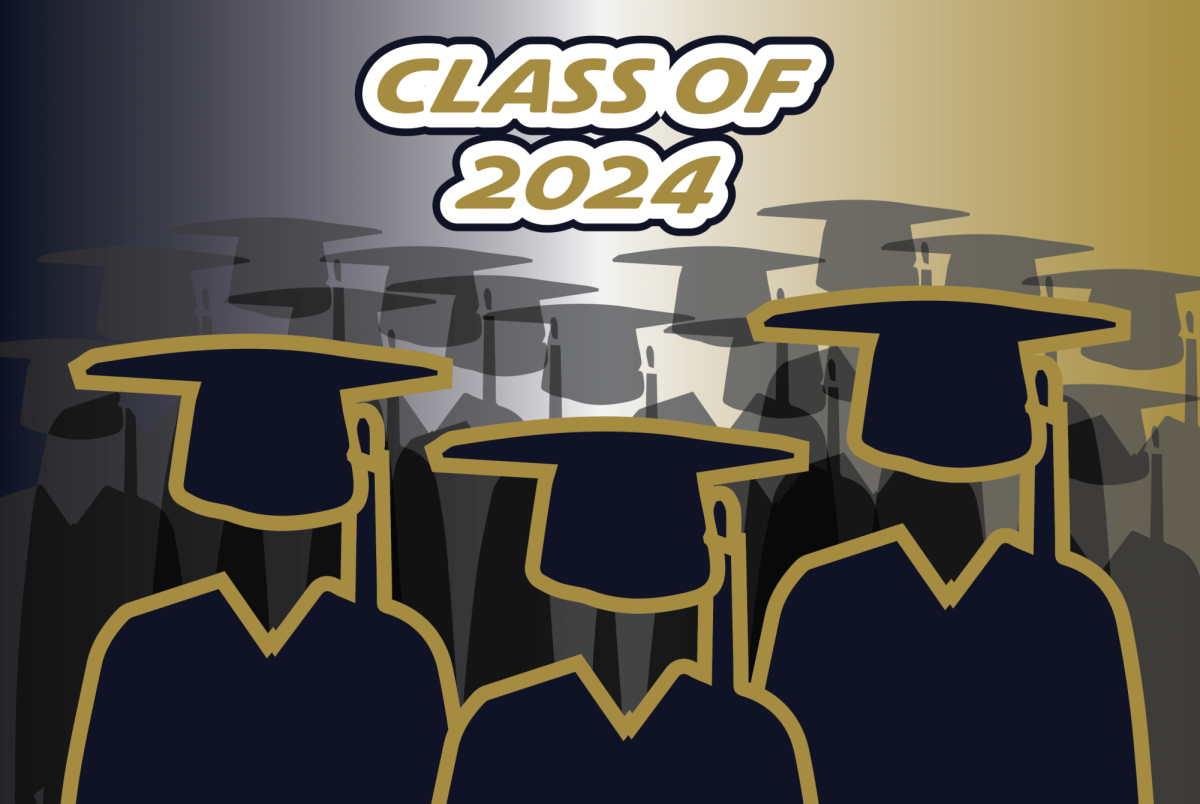In recent months, the basis of McDonald’s customer service experience has shifted. Instead of being greeted at the order counter by a McDonald’s team member who asks you what you would like to order, you are shepherded by a nametag wearing manager to one of their ordering kiosks. The tall kiosks feature freshly cleaned displays and an easy to use interface where customers can place their order, grab their ticket and wait for their number to be called. No human interaction and no silent judgment for the upgrade to a large fry.
When going to the Golden Arches at 2 a.m., it’s probably better not to speak to anyone. But what does this mean for those who rely on those customer service jobs to make a living? Customer service isn’t the only industry that is seeing the effects of automation. With Tesla’s Automated Semi-Trucks roaming the U.S., the transportation industry could soon be run autonomously.
Ethically, the presence of these supercomputers in our everyday lives poses the question: should we as humans rely on machines to steer us into this ever-changing world? Would giving responsibility to this third-party system truly prove that humans have reached their capacity for progress? Artificial Intelligence (A.I.) is the culmination of human expertise and experience; simply another extension of what we humans are capable of. The world will see greater progress in the next 100 years because of it and that is reason enough to push forward with this kind of research.
On a much more serious note, Artificial Intelligence has seen incredible developments in the last five years and has the capability to change the way that our world works. At some point, A.I. could conceivably know the human race better than humans ever could, especially with the advances in Quantum Computing.
In a piece for Forbes, contributing writer R. L. Adams says that Quantum computing has the ability to manage and facilitate many of the modern systems in our modern world. Adam writes, “Quantum computers will not only solve all of life’s most complex problems and mysteries regarding the environment, aging, disease, war, poverty, famine, the origins of the universe and deep-space exploration.” If technology has the power to mathematically calculate the solution to world hunger and push humanity deeper into the cosmos, who are we to stop it?
That being said, the power of this technology, while hugely beneficial for mankind, could be absolutely disastrous if it falls into the wrong hands. The importance of regulation and monitoring of this technology by world governments is paramount to keeping it’s power safe. Not only this but if A.I. is designed to surpass the knowledge of human beings, what is to say that these computers won’t start making decisions for themselves? Maybe not an “I, Robot” situation by any means, but who knows?
For the time being, customers will have the option to use the self-ordering kiosk at McDonald’s and have their Teslas park themselves at the supermarket, but the advances we will see in the next decade will dictate what our world is going to look like for the next century and to fight this progress would be unethical. We have a responsibility for generations to come to set a framework for how the world is going to work, and why not leave it to the machines?







